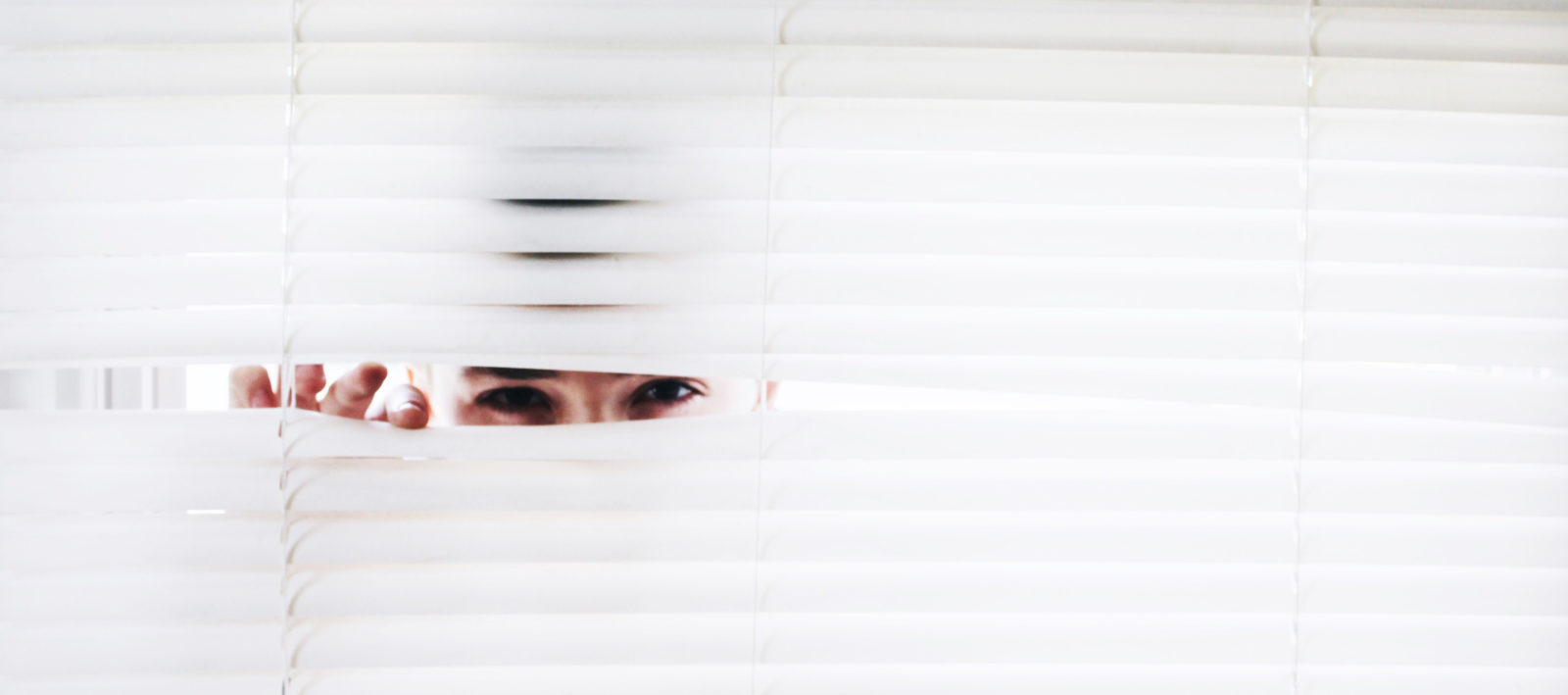In recent developments, the High Court of Australia in Kadir v The Queen; Grech v The Queen [2020] HCA 1 considered when illegally obtained evidence can be admissible in court and whether or not the American concept which excludes evidence “from the poisonous tree” does not apply.
This decision has significant repercussions for parties to litigation where evidence has been illegally obtained, and how parties must go about obtaining evidence in support of their case.
Background
This case involves the use of rabbits as ‘live bait’ at training greyhounds for racing. The practice is cruel and illegal in Australia. The prosecution had initially obtained evidence in the form of covert video recordings of the Appellant’s property obtained by an animal activist and documentary photographer. The videos substantiated an anonymous complaint that had been received by Animals Australia.
Based on the videos, further evidence was obtained in the form of:
- oral admissions by the Appellant to the activist who attended the Appellants’ property and spoke to him whilst posing as a greyhound owner seeking to have dogs “broken in” by “live baiting”; and
- a search warrant issued by RSPCA.
The Court was asked to consider whether the video, admissions and search warrant should be excluded on the basis they had been “illegally obtained”.
Was the evidence illegally obtained?
It was not in dispute that the evidence had been obtained illegally.
It is an offence for a person to knowingly install, use, or maintain an optical surveillance device on-premises to record visually an activity if the installation, use, or maintenance of the device involves entry onto the premises without the consent of the owner or occupier.
Note: See section 8 of the Surveillance Devices Act 2007 (NSW)
Can the court admit evidence even though it is obtained illegally?
It may come as a surprise, but the court can admit evidence that has been illegally obtained if the court feels that it is more desirable to the public interest to admit the evidence than to exclude it – but this decision is not taken lightly.
Note: See section 138 of the Evidence Act 1995 (NSW)
Extreme caution is taken by the courts to balance the desirability of the public interest.
On one hand, if illegal evidence is admitted, the court is presented with the full evidence and is better positioned to make a decision.
On the other hand, admitting illegal evidence may encourage “vigilantism” (taking the law into one’s own hands) and the gathering of evidence improperly or in contravention of the law.
What are the considerations for the Court in deciding if illegal evidence is admissible?
There are numerous considerations the court will consider including:
- the probative value of the evidence (how relevant it is to the case); and
- the importance of the evidence.
- the nature and gravity of the offence; and
- the difficulty of obtaining the evidence without breaking the law.
In this case, the High Court ruled that the surveillance video was inadmissible because vigilantism, even for creditable reasons, should not be encouraged. The Court found the seriousness of the contravention (which involved trespassing the property) was high.
However, the Court took a different approach in respect of the admissions and the search warrant and departed from the principle of “fruit of the poisonous tree”. This is because the evidence was obtained lawfully and was also held to be:
- of high probative value; and
- in the public’s interest to convict wrongdoers who commit serious offences.
How does this affect me?
The Court’s decision, in this case, reinforces that evidence will generally be inadmissible if it has been obtained as a result from a serious breach of the law.
However, the Court has left room for illegally obtained evidence to be admitted if it is in the public interest to do so – although this is a high threshold to achieve.
The considerations are not black and white and are determined on a case-by-case basis. If you are a party to litigation and are concerned that evidence to be relied upon by you, or another party, may have been illegally or improperly obtained, you should seek legal advice because it may be admissible.
Author
George Mourani
Graduate at Law


































